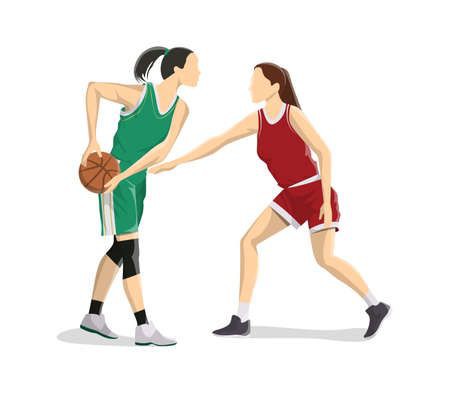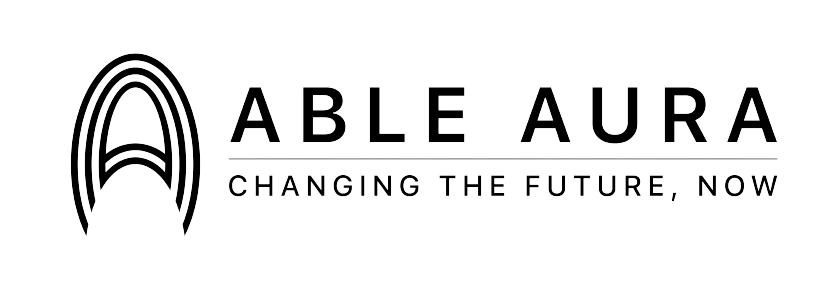
How to overcome prejudices and taboos about sports and persons with disability
Sports have the power to unite people, regardless of their abilities or disabilities. Unfortunately, prejudices and taboos surrounding disability can prevent individuals from participating in sports and accessing the benefits that come with it, such as improved physical and mental health, increased socialization, and enhanced self-esteem. Overcoming these prejudices and taboos requires a concerted effort from individuals, organizations, and society as a whole.
The first step towards overcoming prejudices and taboos about sports and persons with disabilities is to increase awareness and education. This can be achieved through public campaigns, educational programs, and media coverage. It is important to highlight the capabilities and achievements of athletes with disabilities to challenge negative stereotypes and misconceptions. By promoting positive attitudes towards individuals with disabilities, we can create a culture that values diversity and inclusion.
Another way to overcome prejudices and taboos is to provide accessible opportunities for individuals with disabilities to participate in sports. This includes adapting facilities and equipment to meet the needs of athletes with disabilities, as well as providing specialized coaching and training. By creating a level playing field, individuals with disabilities can showcase their abilities and compete at the highest level.
In addition, it is important to address the social barriers that prevent individuals with disabilities from participating in sports. This includes addressing financial and transportation barriers, as well as challenging negative attitudes and stereotypes held by peers and society at large. By creating a supportive environment, individuals with disabilities can feel empowered to participate in sports and achieve their full potential.
Finally, it is essential to advocate for policies and legislation that promote the rights and inclusion of individuals with disabilities in sports. This includes ensuring that sports organizations and facilities are accessible to individuals with disabilities, as well as promoting equal opportunities for participation and competition. By working together, we can create a more inclusive and accepting society that values the talents and abilities of all individuals.
In conclusion, overcoming prejudices and taboos about sports and persons with disabilities requires a multifaceted approach that involves increasing awareness and education, providing accessible opportunities, addressing social barriers, and advocating for policies and legislation that promote inclusion and equality. By working together, we can create a world where individuals with disabilities are valued and celebrated for their abilities, both on and off the playing field.
